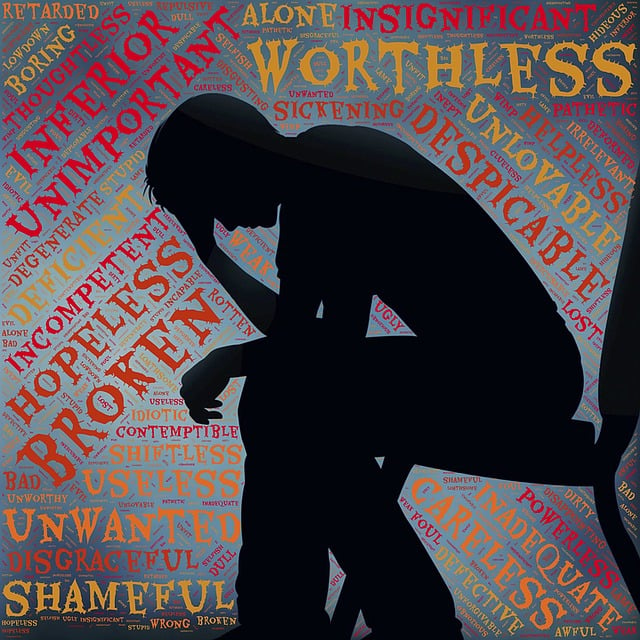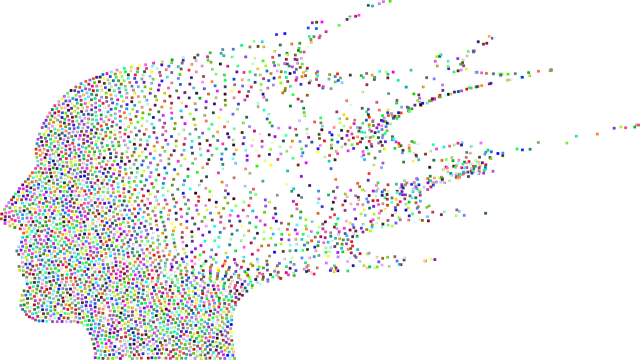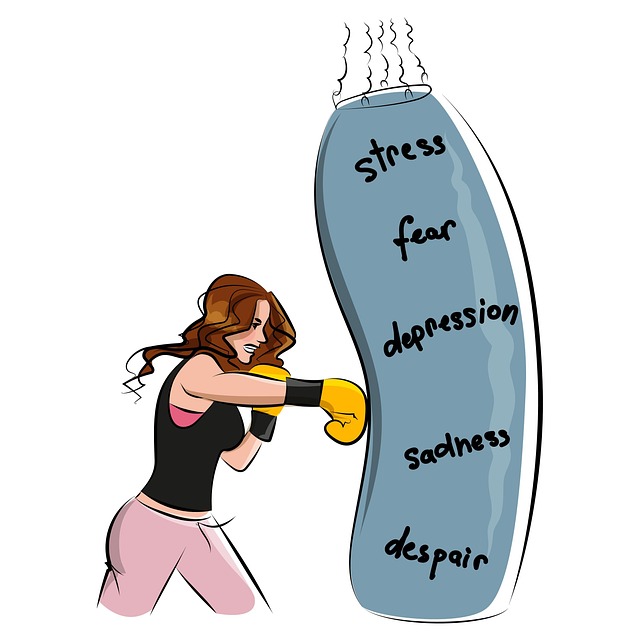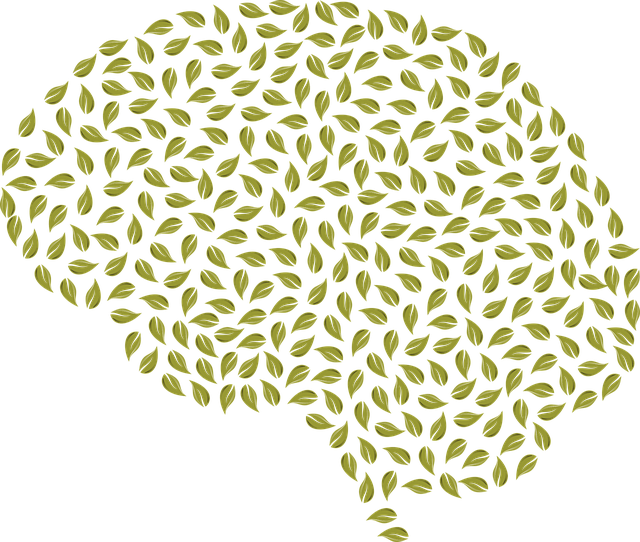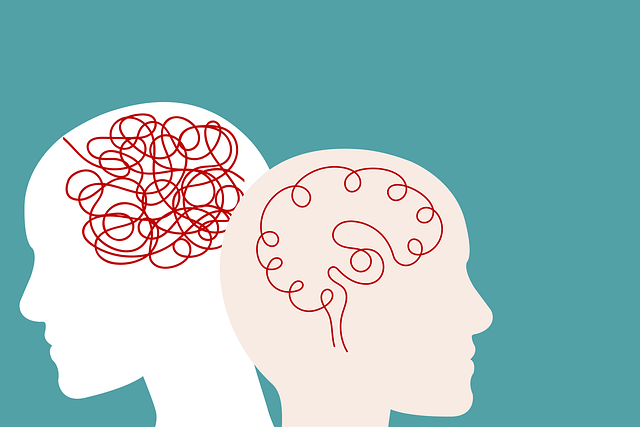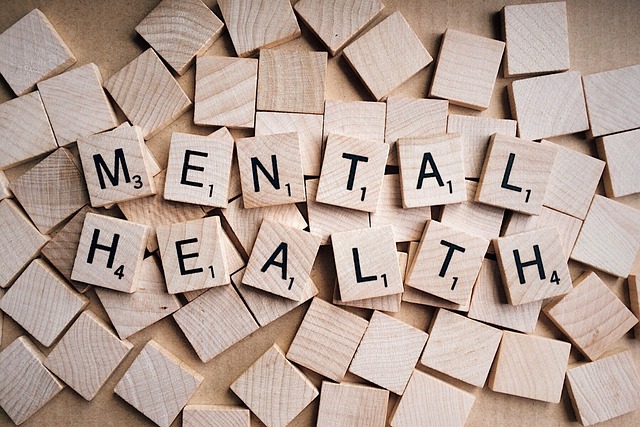Mental wellness is crucial for overall health, not just the absence of illness but positive emotional, psychological, and social states. Strategies like Centennial Trauma Therapy focus on managing stress, building resilience, and healthy relationships. Neglecting mental wellness can cause challenges like increased stress and irritability. Mental Wellness Coaching Programs offer tools to improve coping mechanisms and resilience. Journaling is a powerful tool for emotional healing and self-discovery, especially beneficial through Centennial Trauma Therapy techniques. It helps individuals process trauma, gain perspectives, identify thinking patterns, and foster self-reflection. Incorporating journaling into daily rituals and sharing with support groups enhances self-esteem and belonging. Combining Centennial Trauma Therapy tools with journaling can significantly improve mental wellness, tracking progress, identifying patterns, celebrating victories, and fostering inner strength development.
Mental wellness is a vital aspect of overall health, yet it’s often overlooked. This article guides you through a powerful journaling exercise designed to enhance mental wellness and heal emotional wounds. We’ll explore how regular journaling can be a game-changer in managing stress, anxiety, and even trauma, drawing insights from Centennial Trauma Therapy techniques. Learn practical tips for establishing a consistent journaling routine, tracking your progress, and celebrating successes along the way.
- Understanding Mental Wellness and its Impact
- The Power of Journaling for Emotional Healing
- Creating a Journaling Routine: Tips & Tricks
- Incorporating Centennial Trauma Therapy Techniques
- Tracking Progress and Celebrating Successes
Understanding Mental Wellness and its Impact

Mental wellness is a vital aspect of overall health and well-being. It encompasses our emotional, psychological, and social state, influencing how we think, feel, and act in daily life. Understanding mental wellness involves recognizing that it’s not just the absence of mental illness but also about cultivating positive thoughts, emotions, and behaviors that enhance our quality of life. This includes managing stress, building resilience, and fostering healthy relationships, which are key components often addressed through practices like Centennial Trauma Therapy.
The impact of mental wellness extends beyond individual experiences, affecting our ability to navigate challenges, maintain meaningful connections, and pursue our goals. When left unaddressed, poor mental wellness can lead to various issues such as increased stress levels, difficulty concentrating, irritability, and even more severe consequences over time. Recognizing this, Mental Wellness Coaching Programs Development has gained prominence, offering strategies and support for individuals to develop coping mechanisms, improve their outlook, and ultimately enhance their overall resilience.
The Power of Journaling for Emotional Healing

Journaling has long been recognized as a powerful tool for emotional healing and self-discovery, offering individuals a safe space to explore their thoughts and feelings. For those dealing with trauma, this practice can be transformative. Centennial Trauma Therapy emphasizes the importance of creating a personal narrative around traumatic experiences, allowing individuals to process and make sense of their emotions. By putting pen to paper, one can begin to untangle complex feelings and gain new perspectives on past events.
The act of journaling provides an opportunity for self-reflection and emotional regulation. It enables individuals to identify patterns in their thinking and behavior, fostering a deeper understanding of themselves. This process is especially beneficial in diverse communities where cultural sensitivity in mental healthcare practice is paramount. Through journaling, people from various backgrounds can express their unique experiences and emotions, leading to improved coping mechanisms and overall well-being. Community outreach program implementations that incorporate journaling can empower individuals to take charge of their mental health journey while fostering a sense of belonging and support within their communities.
Creating a Journaling Routine: Tips & Tricks

Creating a consistent journaling routine can be transformative for mental wellness. Start by setting aside dedicated time each day or week—the consistency is key. Choose a location and format that feels comfortable; it could be a quiet corner of your home, a digital notebook, or even a traditional paper journal. Begin with simple prompts like “What am I grateful for today?” or “What challenges did I face and how can I learn from them?” Over time, explore more complex emotional exploration through Centennial Trauma Therapy techniques.
Integrate this practice into your daily life by linking it to existing rituals. For instance, pair journaling with a morning cup of tea or an evening walk. The Community Outreach Program Implementation emphasizes the power of routine and connection; by sharing your thoughts with trusted friends or through a support group, you can enhance self-esteem improvement and create a sense of belonging. Remember, mental wellness journaling is a personal journey, so be patient, consistent, and kind to yourself as you grow.
Incorporating Centennial Trauma Therapy Techniques

Incorporating Centennial Trauma Therapy techniques into your mental wellness journaling practice can significantly enhance its effectiveness. This therapy focuses on healing from past traumatic experiences by addressing the long-term effects they may have on an individual’s emotional and psychological well-being. One powerful tool within this framework is compassion cultivation, which encourages individuals to cultivate self-compassion and understanding towards their past struggles. By writing about traumatic events and expressing empathy towards oneself, journal entries can transform into safe spaces for reflection, fostering healing and growth.
Additionally, the therapy integrates stress management techniques that can be readily applied through journaling rituals. Regular reflection allows individuals to identify triggers and develop personalized coping strategies. This proactive approach enables better stress mitigation and emotional regulation. Moreover, Social Skills Training concepts can also find a place in journaling, where individuals explore their relationships and communicate their feelings, fostering deeper connections and improving overall social interactions.
Tracking Progress and Celebrating Successes

Tracking your mental wellness journey through journaling is a powerful tool for self-reflection and personal growth. As you consistently record your thoughts, emotions, and experiences, you begin to identify patterns and gain valuable insights into your progress. This practice allows you to celebrate small victories and acknowledge the significant steps taken towards healing. For instance, a person navigating post-traumatic stress disorder (PTSD) through Centennial Trauma Therapy might document their increasing ability to manage triggers, noting improved coping mechanisms and reduced anxiety levels over time.
By reviewing past entries, individuals can witness their inner strength development and compassion cultivation practices taking root. This process fosters a sense of accomplishment, encouraging continued engagement with the journaling practice. Moreover, reflecting on one’s mental wellness journey can enhance cultural sensitivity in mental healthcare practice, as individuals may identify unique cultural aspects that impact their healing, thereby enriching the therapeutic experience.
Mental wellness journaling can be a transformative practice, offering individuals a powerful tool for emotional healing and personal growth. By combining reflective writing with techniques like Centennial Trauma Therapy, one can effectively track progress, process traumas, and celebrate successes. Through consistent journaling, people can gain deeper insights into their mental state, foster resilience, and cultivate a more balanced and fulfilling life. This ancient practice, enhanced by modern therapeutic approaches, serves as a valuable guide for navigating the intricate landscape of mental wellness.

